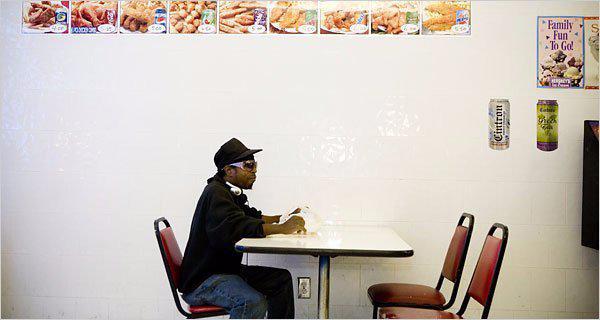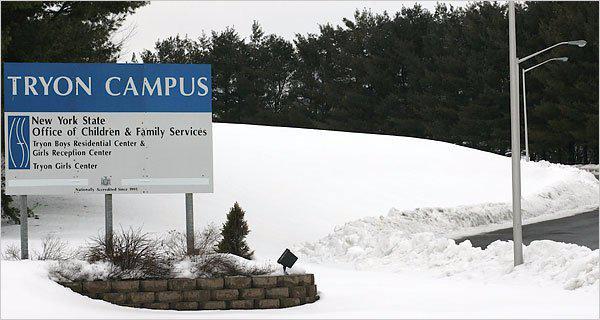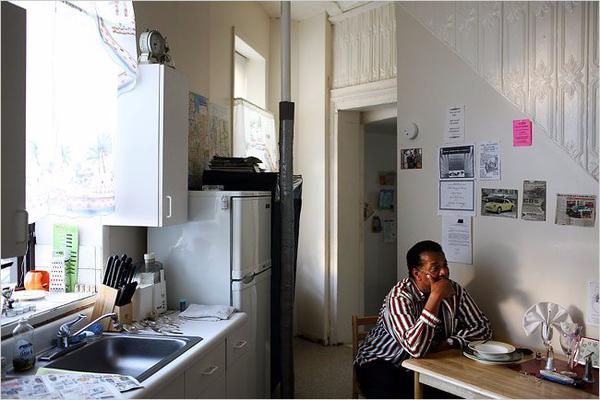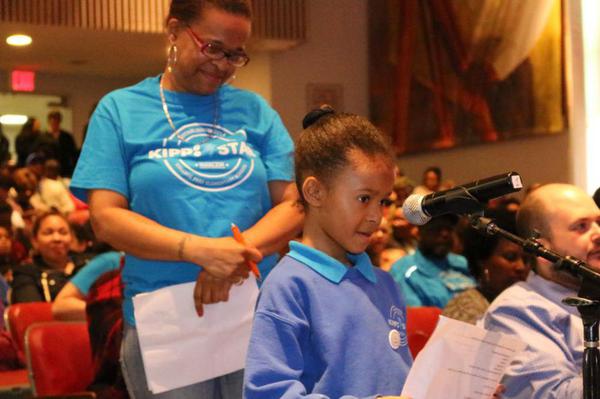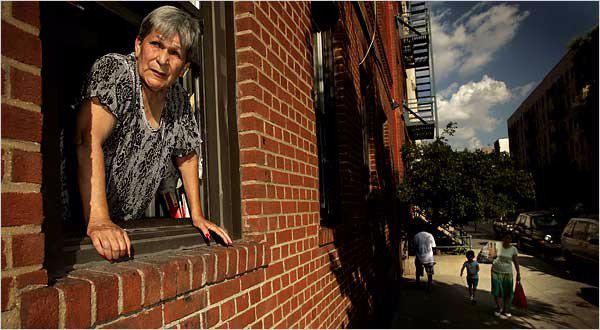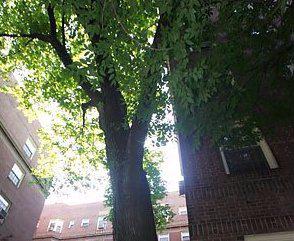The New York Times
•
13th May 2007
For Bright Beacons, a Murky Future
For decades, they floated over Second Avenue near East 12th Street like twin stars guiding tipsy East Villagers home: “Jade Mountain” in glowing pink bamboo-style letters, and above it, in rosy neon, a smaller, two-sided sign bearing the words “Chow Mein.”
But these days, the name of the old-school chop suey house is obscured by a giant “For Lease” poster. Jade Mountain closed in February, five months after Reginald Chan, its 60-year-old owner, was hit by a truck and killed while making a delivery on a bicycle. As Mr. Chan’s family, which owns the building, looks for a new tenant, neighbors fear that the vintage neon signs, like the restaurant, will soon disappear.

